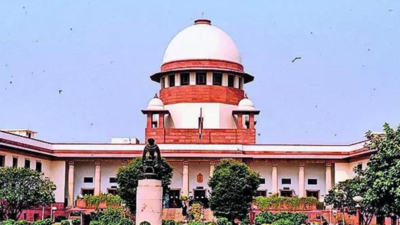Former IAS officer Anil Tuteja, his son Yash, and others were accused in an alleged liquor scam in Chhattisgarh. The Enforcement Directorate (ED) registered a money laundering case against them.
Supreme Court’s Ruling
- Justices Abhay S Oka and Ujjal Bhuyan presided over the case.
- The court noted the absence of a predicate offence and proceeds of crime in the case.
- It emphasized that a complaint for a tax offence does not constitute a predicate offence for registering a money laundering case.
- The bench clarified that conspiracy charges alone are insufficient to invoke the Prevention of Money Laundering Act (PMLA). The conspiracy must be linked to a predicate offence.
Implications
- The SC ruling nullified the money laundering case against Tuteja, his son, and others.
- The case lacked a scheduled offence, hence there were no proceeds of crime.
Future Proceedings
- The ED hinted at lodging a fresh complaint with additional evidence.
- The court expressed non-interference in potential future proceedings against the accused.
Multiple Choice Questions (MCQs):
- Who were the accused in the alleged liquor scam in Chhattisgarh?
- A) Anil Tuteja and his daughter
- B) Anil Tuteja, his son Yash, and others
- C) Anil Tuteja and his brother
- D) Anil Tuteja, his son Yash, and Karishma Dhebar
- What was the reason cited by the Supreme Court for quashing the money laundering case?
- A) Presence of a predicate offence and proceeds of crime
- B) Lack of evidence against the accused
- C) Absence of a predicate offence and proceeds of crime
- D) Non-compliance with procedural guidelines
- According to the Supreme Court, what is necessary for invoking the Prevention of Money Laundering Act (PMLA)?
- A) Conspiracy charges alone
- B) Predicate offence linked conspiracy
- C) Tax offence complaint
- D) Accusation by the Enforcement Directorate
- What was the response of the Enforcement Directorate (ED) to the Supreme Court’s ruling?
- A) The ED accepted the ruling and closed the case.
- B) The ED planned to file a fresh complaint with additional evidence.
- C) The ED appealed the decision to a higher court.
- D) The ED withdrew the case against the accused.
